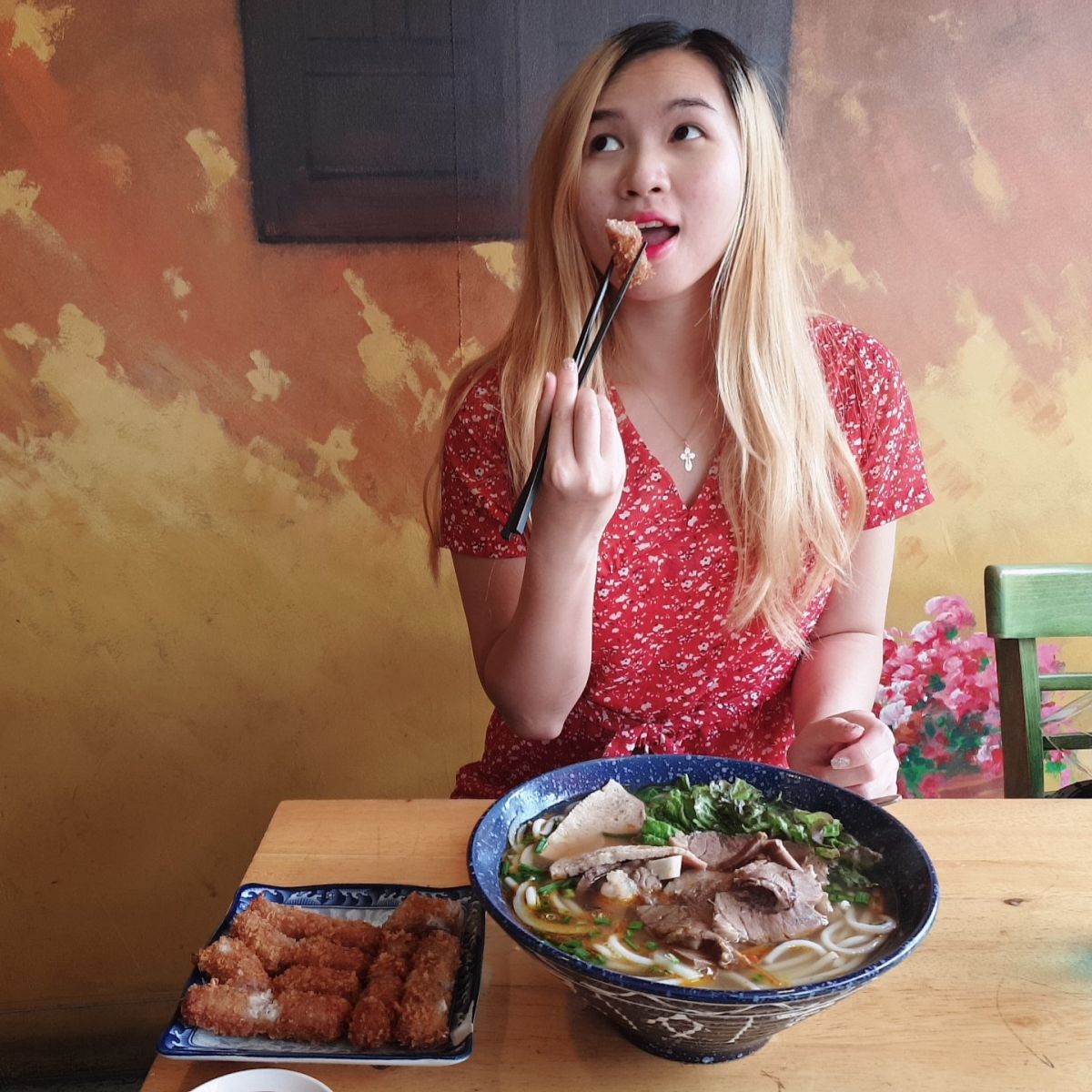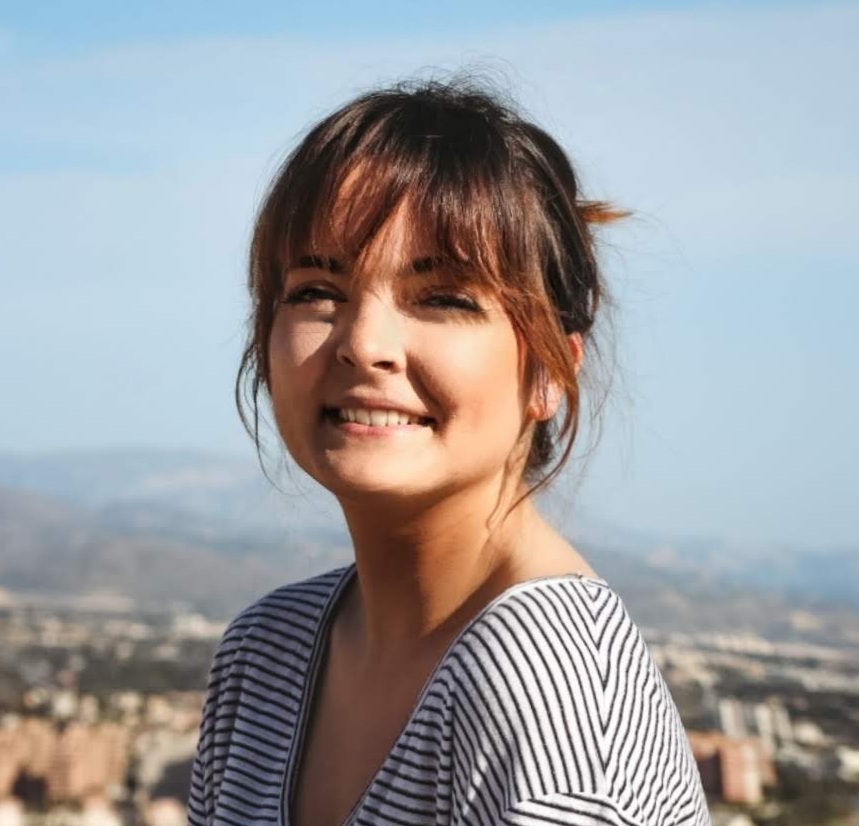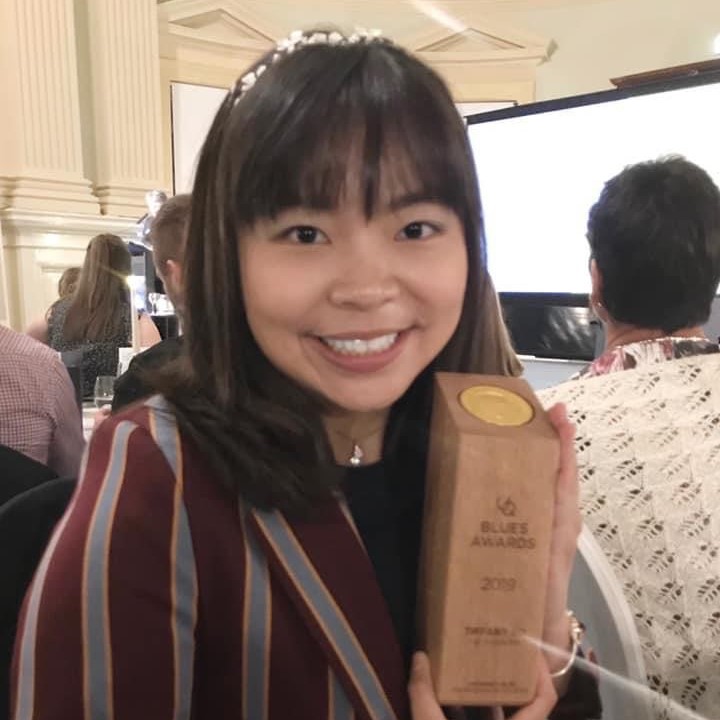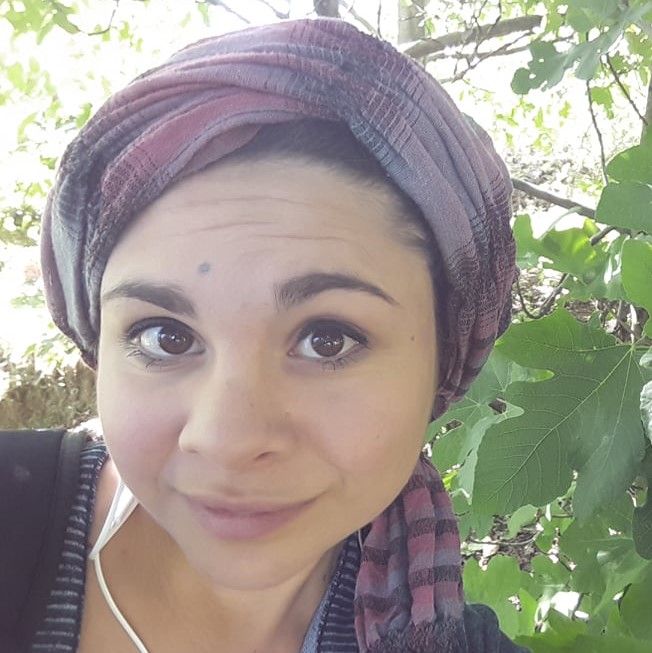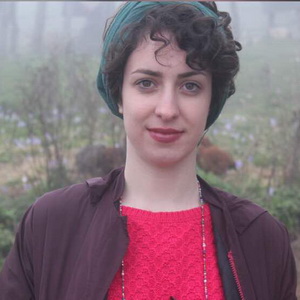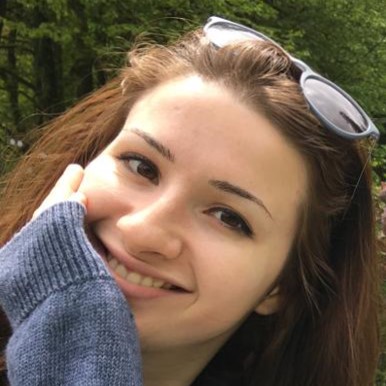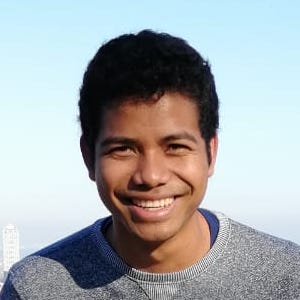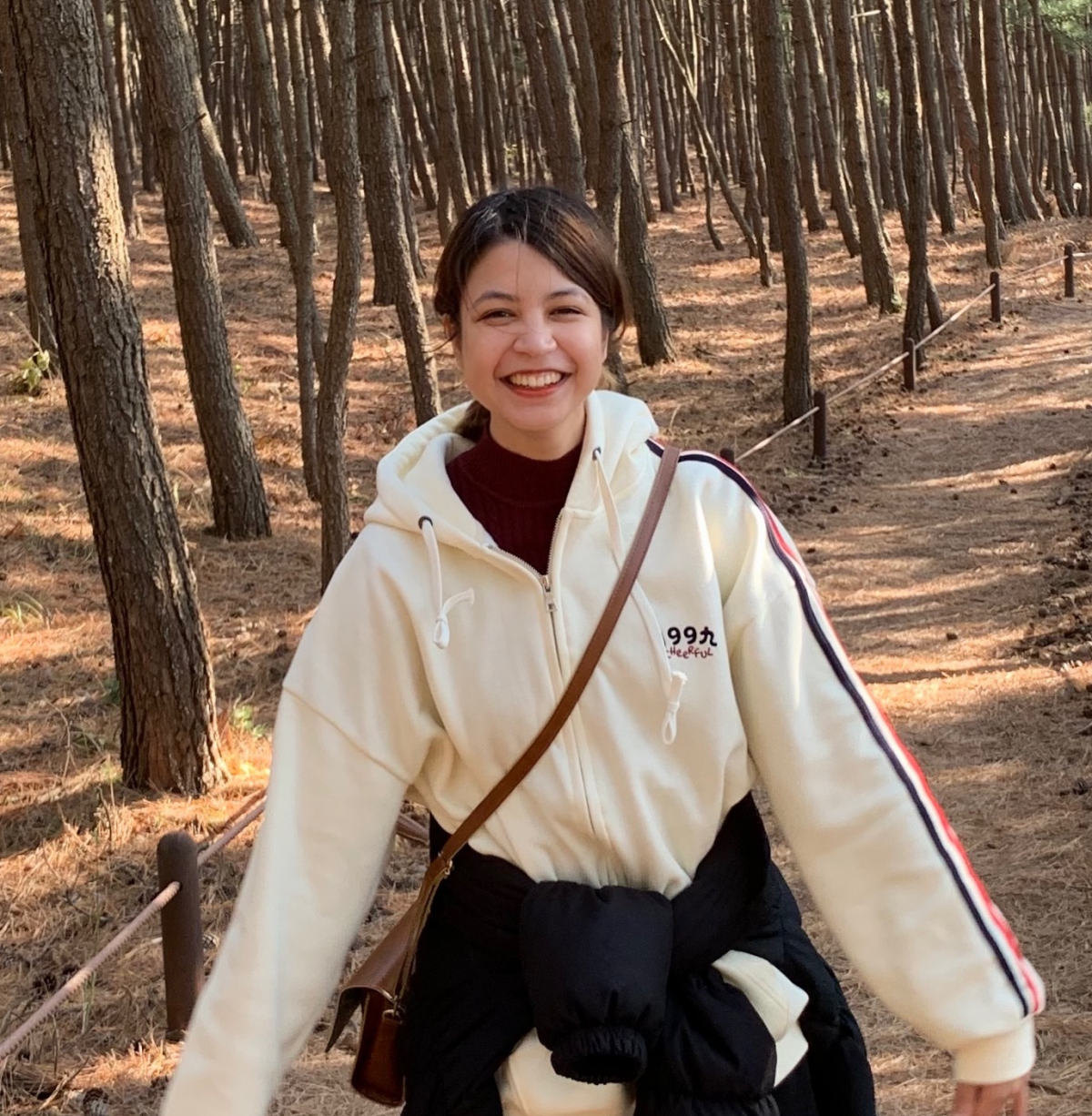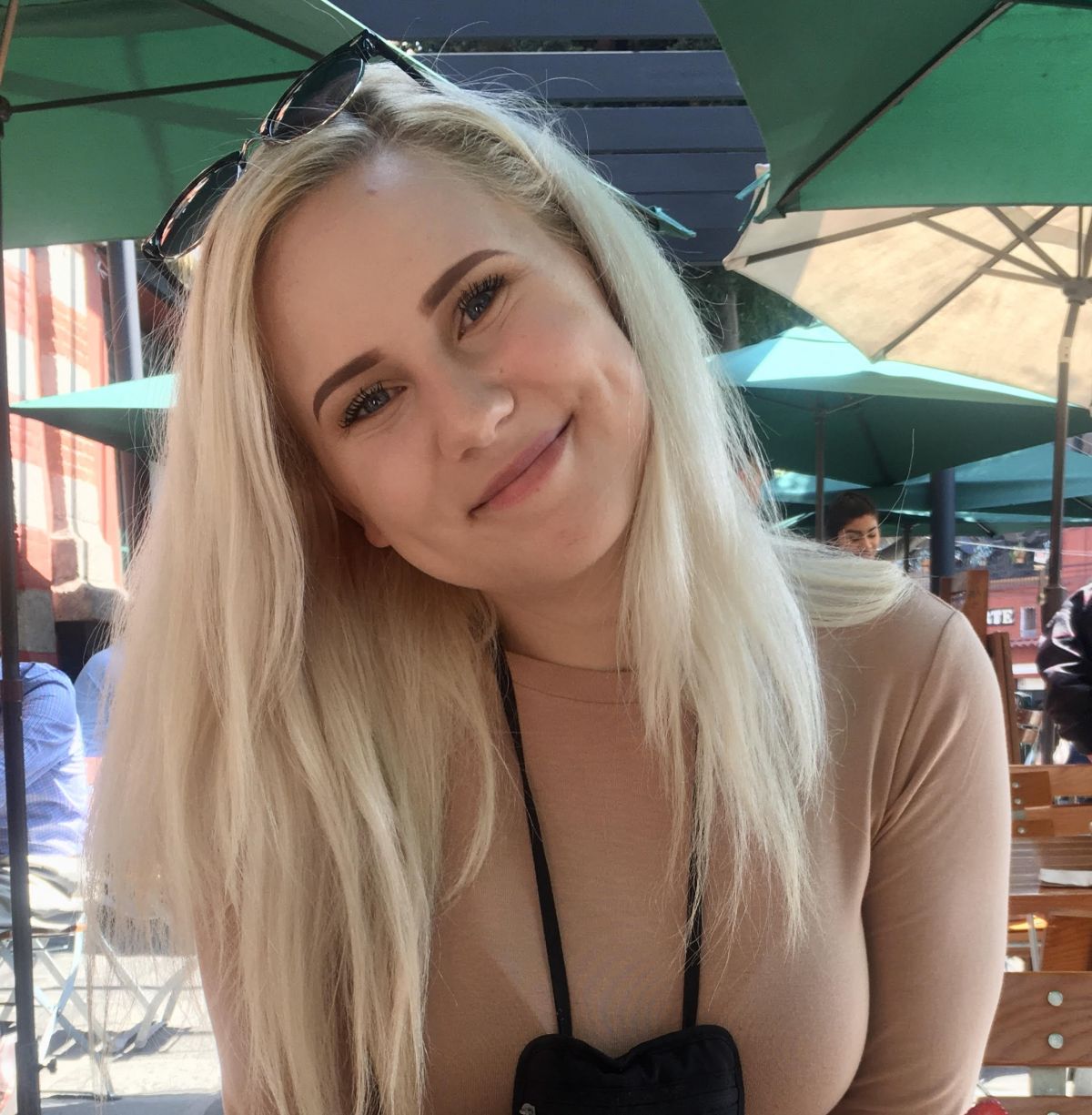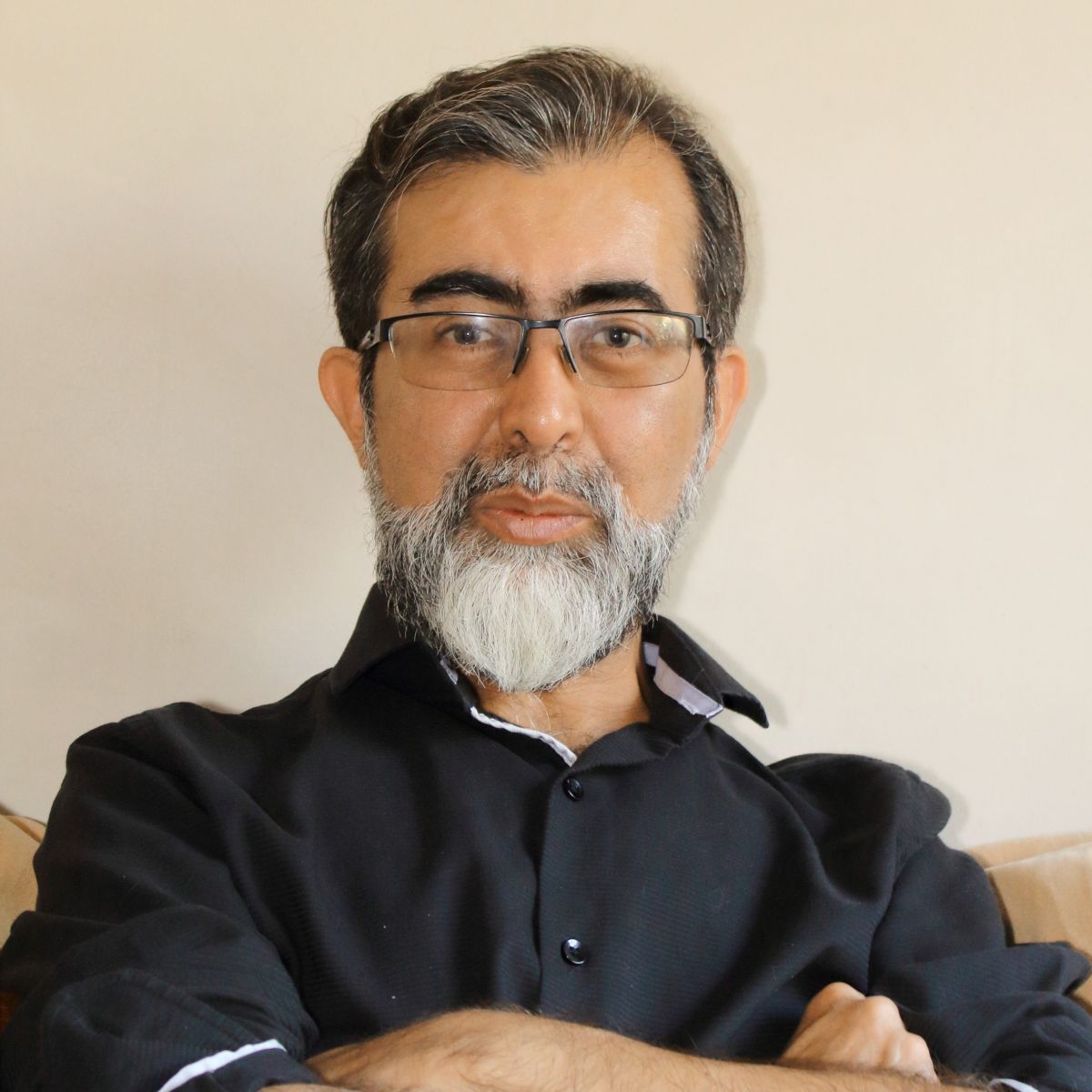Vietnamese Students are Asked to Marry Old Korean Farmers
The idea of paying money for a bride has always enraged me, because I believe marriage should come from real love and commitment, and humans are not commodities for trading.
South Korea, Eastern Asia
Story by Nhi (Christie) Pham. Edited by Melaina Dyck
Published on October 11, 2021.
Reading time: 4 minutes
This story is also available in 

Five years ago, I came to South Korea with the excitement of being a student, but the question I received the most when people found out I was from Vietnam was not about my culture or motivation, but about my marital status. On over 10 occasions, people have asked if I am married to a Korean man. This made me feel uncomfortable and left me wondering if it’s a stereotype for all Vietnamese women in South Korea.
Sadly, this stereotype doesn’t come from nowhere. I was very shocked when I began hearing stories about women from Vietnam and other Southeast Asian countries being purchased by middle-aged men from the Korean countryside. Marriage brokers organize marriage tours, in which the customers travel to Vietnam and pick their brides from line ups of Vietnamese women, aged 16-30. News stories report that migrant wives suffer isolation and even abuse from their Korean partners due to language barriers, age gaps, and cultural differences. Since many Vietnamese migrants come to Korea this way, the stereotype of Vietnamese women as wives for Korean men is deeply etched into South Korean culture.
However, thoughts of these incidents had left my mind until I saw a local news article about a letter female Vietnamese students got from the government of Mungyeong City. The city proposed a transitional marriage campaign[1] in which they sent letters to female Vietnamese students inviting them to marry old Korean farmers. The concept caused anger and disappointment for the Vietnamese community because it aimed at a specific gender, nationality, age group and occupation profile. Even though the city tried to explain that they purely intended to help Mungyeong City recover its declining population, to me and many other Vietnamese who live here, the project implied that the sole goal of female Vietnamese students in South Korea is to look for a Korean husband as a ticket for migration.
I felt offended, shocked and disappointed seeing this news. I felt that the goals of Vietnamese women to expand our knowledge were utterly debased by the campaign. The letter caused outrage in the Vietnamese community. In order to gain insights from other Vietnamese residents in South Korea, I interviewed two of my friends, both of whom graduated from Korean universities, and have worked and lived in South Korea for years. M[2], 33, who studied and worked in Seoul and has a Korean husband, told me, “I think Mungyeong City is very selfish to only care about their local problems without respecting the original purpose of foreign female students coming to Korea, leading to more serious consequences such as discrimination based on gender and race. My husband is also very upset, he wonders why the public officers could be so ignorant as to make such an embarrassing decision.” M showed that the project was not only upsetting Vietnamese people but also eliciting objections from Korean people. T, 29, who lived in Korea for 6 years, expressed her opinion: “I feel angry when Vietnamese girls are treated as tools to increase Korea's birth rate.”
The campaign was eventually canceled after a huge outcry from Vietnamese students and the National Human Rights Commission. I hope this incident will raise acknowledgment of the discriminatory prejudices and stereotypes in Korean society, and lead to action against marriage brokers and support for rural areas to end bride-buying. People should be treated fairly and respected regardless of their nationalities.
[1] ‘Transitional marriage’ is a marriage between two people from different countries
[2] I have left out their full names for privacy reasons
How does this story make you feel?
Follow-up
Do you have any questions after reading this story? Do you want to follow-up on what you've just read? Get in touch with our team to learn more! Send an email to [email protected].
Talk about this Story
Please enable cookies to view the comments powered by Disqus.
Subscribe to our Monthly Newsletter
Stay up to date with new stories on Correspondents of the World by subscribing to our monthly newsletter:
Tags
Topic: Migration
> Spain
How a Budding Economist Became an Advocate for the Human Rights of Migrants
A story by Natalia Ruiz Gómez
4 min
I had not seen a great number of economists focused on the migration situation, so why not do it myself? Read more...
> Taiwan
I Am Lucky Enough to Meet Them
A story by Tiffany Ko
4 min
Looking back on my journey, there were many difficulties, but there was also lots of happiness thanks to the love and generosity of my Australian family. Read more...
> Syrian Arab Republic
Mexicans in Damascus
A story by Kamelia Khalil
4 min
Well, certainly, these were not ordinary Mexicans, nor even normal global tourists. They disregarded normalized ideas about not traveling to Syria not once, but twice, and the second time brought their whole family! Read more...
Explore other Topics
Get involved
At Correspondents of the World, we want to contribute to a better understanding of one another in a world that seems to get smaller by the day - but somehow neglects to bring people closer together as well. We think that one of the most frequent reasons for misunderstanding and unnecessarily heated debates is that we don't really understand how each of us is affected differently by global issues.
Our aim is to change that with every personal story we share.
Community Worldwide
Correspondents of the World is not just this website, but also a great community of people from all over the world. While face-to-face meetings are difficult at the moment, our Facebook Community Group is THE place to be to meet other people invested in Correspondents of the World. We are currently running a series of online-tea talks to get to know each other better.











